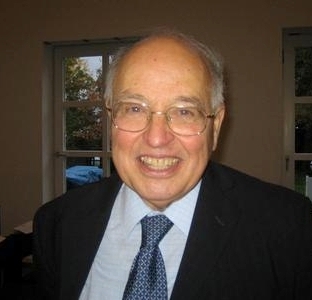A Quote by Michael Atiyah
I think it is said that Gauss had ten different proofs for the law of quadratic reciprocity. Any good theorem should have several proofs, the more the better. For two reasons: usually, different proofs have different strengths and weaknesses, and they generalise in different directions - they are not just repetitions of each other.
Related Quotes
I believe that any form of writing exercise is good for you. I also believe that any form of tuition which helps develop your awareness of the different properties, styles, and effects of writing is good for you. It helps you become a better reader, more sensitive to nuance, and a better writer, more sensitive to audience. Texting language is no different from other innovative forms of written expression that have emerged in the past. It is a type of language whose communicative strengths and weaknesses need to be appreciated.
Mathematicians are proud of the fact that, generally, they do their work with a piece of chalk and a blackboard. They value hand-done proofs above all else. A big question in mathematics today is whether or not computational proofs are legitimate. Some mathematicians won't accept computational proofs and insist that a real proof must be done by the human hand and mind, using equations.
It is a matter for considerable regret that Fermat, who cultivated the theory of numbers with so much success, did not leave us with the proofs of the theorems he discovered. In truth, Messrs Euler and Lagrange, who have not disdained this kind of research, have proved most of these theorems, and have even substituted extensive theories for the isolated propositions of Fermat. But there are several proofs which have resisted their efforts.






































